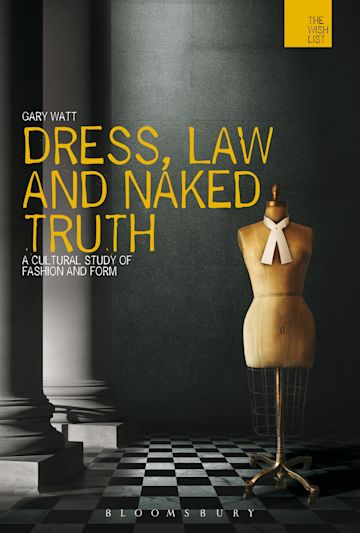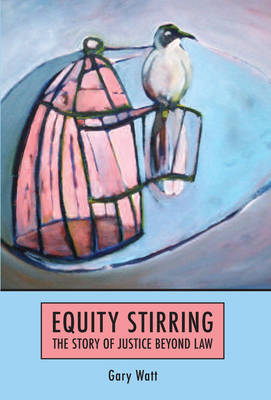Publications
Books (monographs)
(2024) Shakespeare and the Law (Oxford: Oxford University Press)
Chapter 1: Why Shakespeare and the Law?
Chapter 2: Stages: Shakespeare’s Legal Time and Place
Chapter 3: Roles: Shakespeare’s Legal Personalities
Chapter 4: Script: Shakespeare’s Legal Language
Chapter 5: Properties: Shakespeare’s Legal Materials
Chapter 6: Playgoers: Shakespeare’s Judicious Audience
Chapter 7: Shakespeare’s Justice and Legal Legacy
Review: “Shakespeare and the Law is…encyclopedic and focused, approachable and erudite, serious and witty. It is precisely the book that many scholars would hope to write and that many students will be relieved to read” (Alexander Thom, Shakespeare, Nov 2024) https://doi.org/10.1080/17450918.2024.2428739).
See my contribution to the The Page 99 test blog

(2023) The Making Sense of Politics, Media, and Law: Rhetorical Performance as Invention, Creation, Production (Cambridge: Cambridge University Press) [OPEN ACCESS]
Part One – The Making Sense
1. The Making Sense – Introduction
2. Invention, Creation, Production
3. Artefaction – Making Things
Part Two – The Truth Factory
4. The Truth Factory – Crafting Fact and Law
5. Making Sex Change: Legal Engendering of Trans People
6. Making Faces, Performing Persons
Part Three – The Acting President
7. The Acting President
8. Political Confection – Making a Meal of It
9. State Building
Part Four – Masses, Media, and Popular Judgment
10. Co-Production and Populism
11. Faking News
12. Making Mistakes – Trial by Twitter and Cancel Culture


(2016) Shakespeare’s Acts of Will: Law, Testament and Properties of Performance (London, Bloomsbury, The Arden Shakespeare).
Chapter 1. ‘Performance is a kind of will or testament’ pp. 1–24 DOI: 10.5040/9781474217880.ch-001 (Read)
Chapter 2. Handling tradition: Testament as trade in Richard II and King John pp. 25–74 DOI:10.5040/9781474217880.ch-002 (Download)
Chapter 3. Worlds of will in As You Like It and The Merchant of Venice pp. 75–108 DOI:10.5040/9781474217880.ch-003
Chapter 4. ‘Shall I descend?’: Rhetorical stasis and moving will in Julius Caesar pp. 109–148 DOI:10.5040/9781474217880.ch-004
Chapter 5. ‘His will is not his own’: Hamlet downcast and the problem of performance pp. 149–202 DOI:10.5040/9781474217880.ch-005
Chapter 6. From dust to dust and sealing wax: The materials of testamentary performance pp. 203–222 DOI: 10.5040/9781474217880.ch-006
(2013) Dress, Law and Naked Truth: A Cultural Study of Fashion and Form (London, Bloomsbury).
Chapter 1. Dress is Law pp. 1–12 [DOI: 10.5040/9781472544438.ch-001]
Chapter 2. Foundations of the State of Dress pp. 13–50 [DOI: 10.5040/9781472544438.ch-002]
Chapter 3. Shakespeare on Proof and Fabricated Truth pp. 51–78 [DOI: 10.5040/9781472544438.ch-003]
Chapter 4. The Face the Law Makes pp. 79–122 [DOI: 10.5040/9781472544438.ch-004]
Chapter 5. Addressing the Naked and Unfolding the Veil pp. 123–148 [DOI: 10.5040/9781472544438.ch-005]
Chapter 6. Something More Comfortable: A Fitting Conclusion pp. 149–156 [DOI: 10.5040/9781472544438.ch-006]


(2009) Equity Stirring: The Story of Justice Beyond Law (Oxford, Hart Publishing).
Chapter 1. Excursion pp.1–46 [DOI: 10.5040/9781474200646.ch-001]
Chapter 2. In Chancery pp. 47–82 [DOI: 10.5040/9781474200646.ch-002]
Chapter 3. Chancery Script pp. 83–134 [DOI: 10.5040/9781474200646.ch-003]
Chapter 4. Figuring Equity pp. 135–168 [DOI: 10.5040/9781474200646.ch-004]
Chapter 5. The Equity of Esther Summerson pp. 169–194 [DOI: 10.5040/9781474200646.ch-005]
Chapter 6. Shakespeare’s Equity pp. 195–226 [DOI: 10.5040/9781474200646.ch-006]
Chapter 7. Pretence of Equity pp. 227–248 [DOI: 10.5040/9781474200646.ch-007]
LAW HUMANITIES